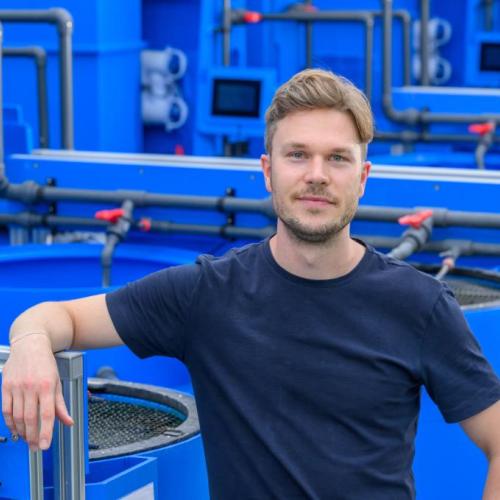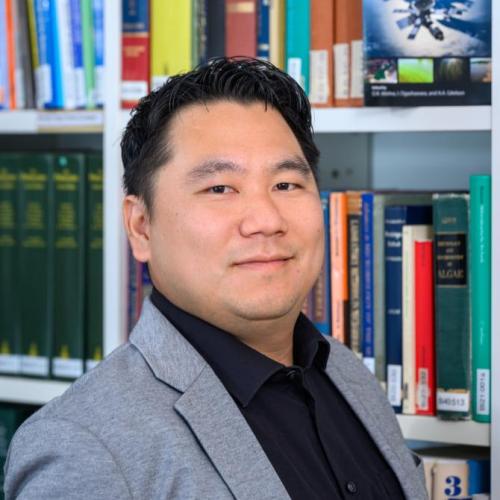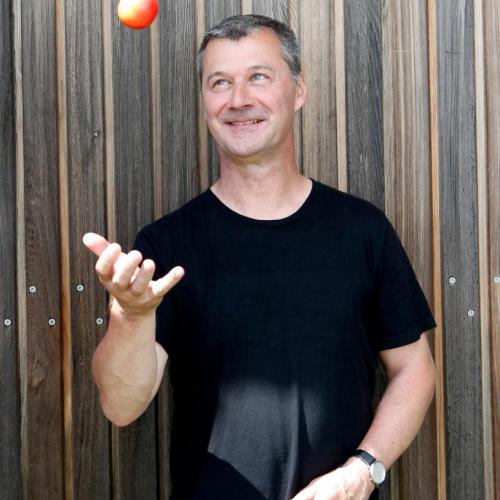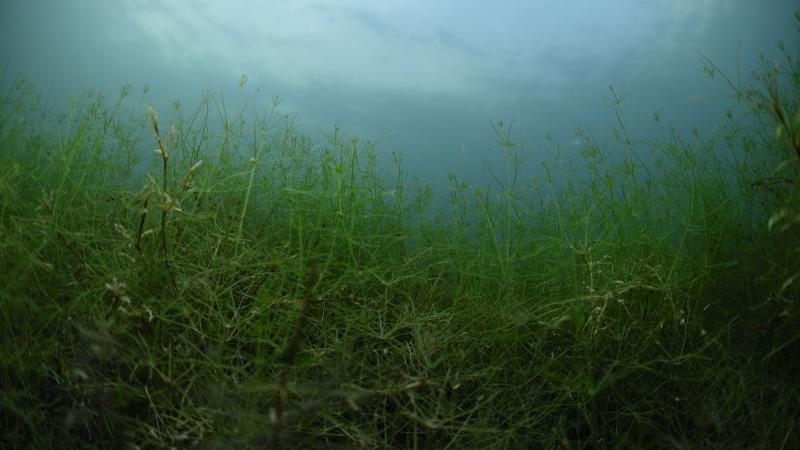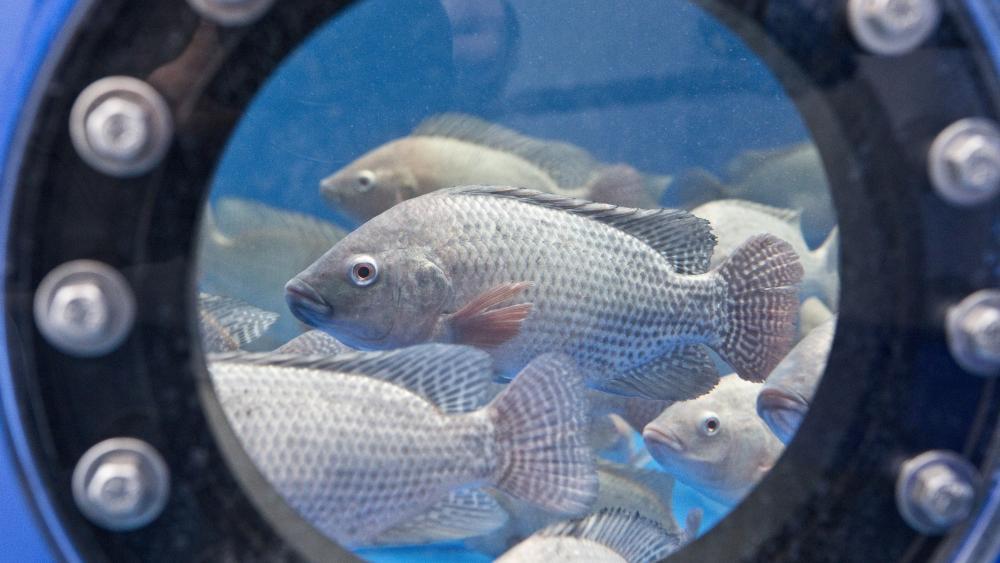
Tilapia in a research circulation system of IGB. This species is one of the world's most produced fish from aquaculture. I Photo: Ralf Günther
Both Germany and Brazil have significant untapped potential in freshwater aquaculture. However, this potential has not yet been adequately utilized, the authors conclude. Annual per capita fish consumption in both countries remains well below the global average of 20.5 kilogrammes – approximately 10 kg in Brazil and 14 kg in Germany. Despite favourable geographic and climate conditions, Brazil continues to rely heavily on fish imports. In Germany, the situation is even more concerning: Aquaculture production is declining, and only about two percent of finfish consumed comes from domestic aquaculture. To better leverage the potential of freshwater aquaculture, the authors identify three key areas of action:
- Simplify regulatory procedures: Approval procedures should be streamlined and responsibilities more clearly coordinated. Appointing dedicated “Aquaculture Officers” within relevant authorities could help improve efficiency and implementation.
- Attract and train skilled professionals: Developing sustainable production systems requires targeted initial training and continuing education programmes, including programmes at the university level.
- Translate scientific knowledge into practice: A stronger transfer of research findings and technological innovations to locally adapted approaches is needed. The authors recommend developing tailored technological packages that take into account local conditions, fish species, production systems, and waste management.
The report was developed by an interdisciplinary group of emerging scientists from Brazil and Europe as part of the workshop “Sustainable Aquaculture – Environmental Impacts and Food Security”, held at IGB in October 2023. The event was organised by the Leopoldina and the ABC with the aim of combining international scientific expertise to jointly shape a vision for the future of sustainable aquaculture.
The Policy Report “Advancing sustainability and circularity in aquaculture to build a resilient global food system” is published in English on the Leopoldina website.


